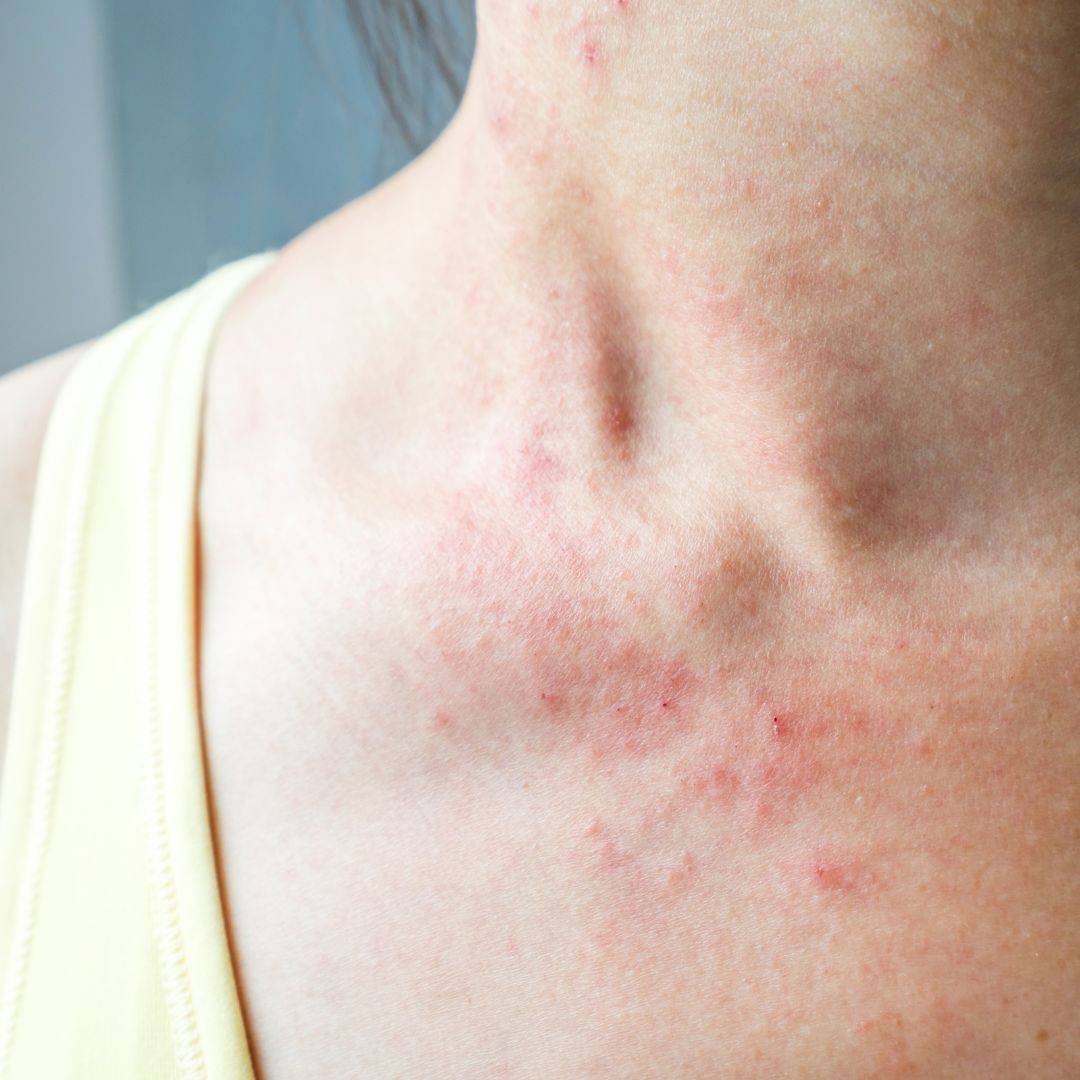
Understanding Eczema: Causes, Prevention, and Statistics
Understanding Eczema: Causes, Prevention, and Statistics
Eczema, also known as atopic dermatitis, is a prevalent inflammatory skin condition that leads to dry, itchy, and inflamed skin. It can manifest anywhere on the body but is commonly found on the hands, feet, face, and the insides of elbows and knees. This chronic condition affects individuals of all ages and can significantly impact daily life.
What Is Eczema and Its Origins?
Eczema is characterized by an overactive immune response to environmental or internal triggers, leading to inflammation. While the exact cause remains unknown, several factors contribute to its development:
Genetics: A family history of eczema, asthma, or hay fever increases the likelihood of developing eczema.
Skin Barrier Dysfunction: Mutations affecting proteins like filaggrin can impair the skin's barrier, making it more susceptible to irritants and allergens.
Immune System Factors: An overactive immune system can lead to increased inflammation in the skin.
Understanding these contributing factors is crucial for effective management and prevention strategies.
How to Protect Yourself and Manage Eczema
While there's no cure for eczema, various strategies can help manage and alleviate symptoms:
Moisturize Regularly: Apply fragrance-free, hypoallergenic moisturizers multiple times daily to maintain skin hydration.
Identify and Avoid Triggers: Common triggers include certain soaps, detergents, stress, and environmental factors. Recognizing these can help in minimizing flare-ups.
Bathe with Care: Use lukewarm water and gentle cleansers. Limit bath time and apply moisturizer immediately after to lock in moisture.
Wear Appropriate Clothing: Choose soft, breathable fabrics like cotton to reduce skin irritation.
Manage Stress: Engage in relaxation techniques such as meditation or yoga, as stress can exacerbate symptoms.
Consult Healthcare Providers: For persistent or severe cases, seek medical advice. Treatments may include topical corticosteroids, antihistamines, or other prescribed medications.
Implementing these measures can significantly improve quality of life for those affected by eczema.
Seasonal Triggers: When Is Eczema Most Common?
Eczema symptoms can fluctuate with seasonal changes:
Winter: Cold, dry air and indoor heating can deplete skin moisture, leading to increased dryness and itching.
Summer: Heat and sweating may irritate the skin, potentially triggering flare-ups.
Recognizing these seasonal patterns allows for proactive adjustments in skincare routines to better manage symptoms.
Who Is Most Affected: Men or Women?
Eczema affects both men and women, with prevalence varying across age groups:
Children: Approximately 15-20% of children globally are affected by atopic dermatitis.
Adults: In the United States, about 7.3% of adults have eczema.
Some studies suggest that eczema is more prevalent in early childhood (ages 1-7) and age 47 and over.
Understanding these demographics aids in targeted awareness and treatment efforts.
Conclusion
Eczema is a complex condition influenced by genetic, environmental, and immunological factors. While it poses challenges, effective management through skincare, lifestyle modifications, and medical interventions can lead to significant improvements. Staying informed and proactive is essential for those affected by eczema.
Sources:
National Eczema Association
Allergy & Asthma Network
Centers for Disease Control and Prevention
Patient.info
Healthline
Click2Pharmacy
